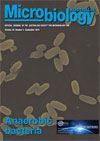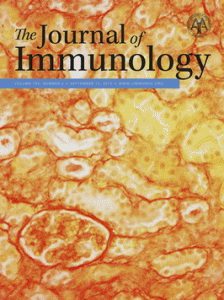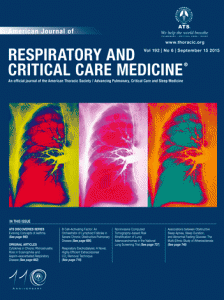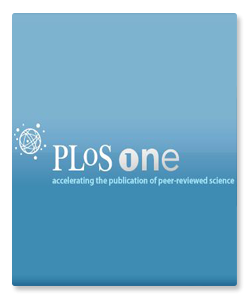![]() A sixth paper co-authored by plant researcher Olivier Voinnet has been retracted by PLOS Pathogens “following an investigation into concerns.”
A sixth paper co-authored by plant researcher Olivier Voinnet has been retracted by PLOS Pathogens “following an investigation into concerns.”
The investigation found “several band duplications” in one figure provided by fifth author, Patrice Dunoyer, who took it from “the Master thesis of a former student working under his supervision, without the prior consultation or consent of this student,” according to the notice. There was also an incorrect “loading control” in another figure, attributed to first author Raphael Sansregret and last author Kamal Bouarab.
Voinnet and Bouarab, the study’s corresponding authors, took full responsibility for “the publication of this erroneous paper.”
Although investigators found that the raw data in the duplicated figure backed up its conclusions, “given the nature and extent of data manipulation,” the authors asked the journal to retract the paper .
Continue reading Investigation ends in 6th retraction for Voinnet
 A paper on
A paper on  All but one of the authors of a
All but one of the authors of a  A 2010 paper on plant fungus has been retracted after a comment on PubPeer revealed that a study image had been flipped over and reused to represent two different treatments.
A 2010 paper on plant fungus has been retracted after a comment on PubPeer revealed that a study image had been flipped over and reused to represent two different treatments.


